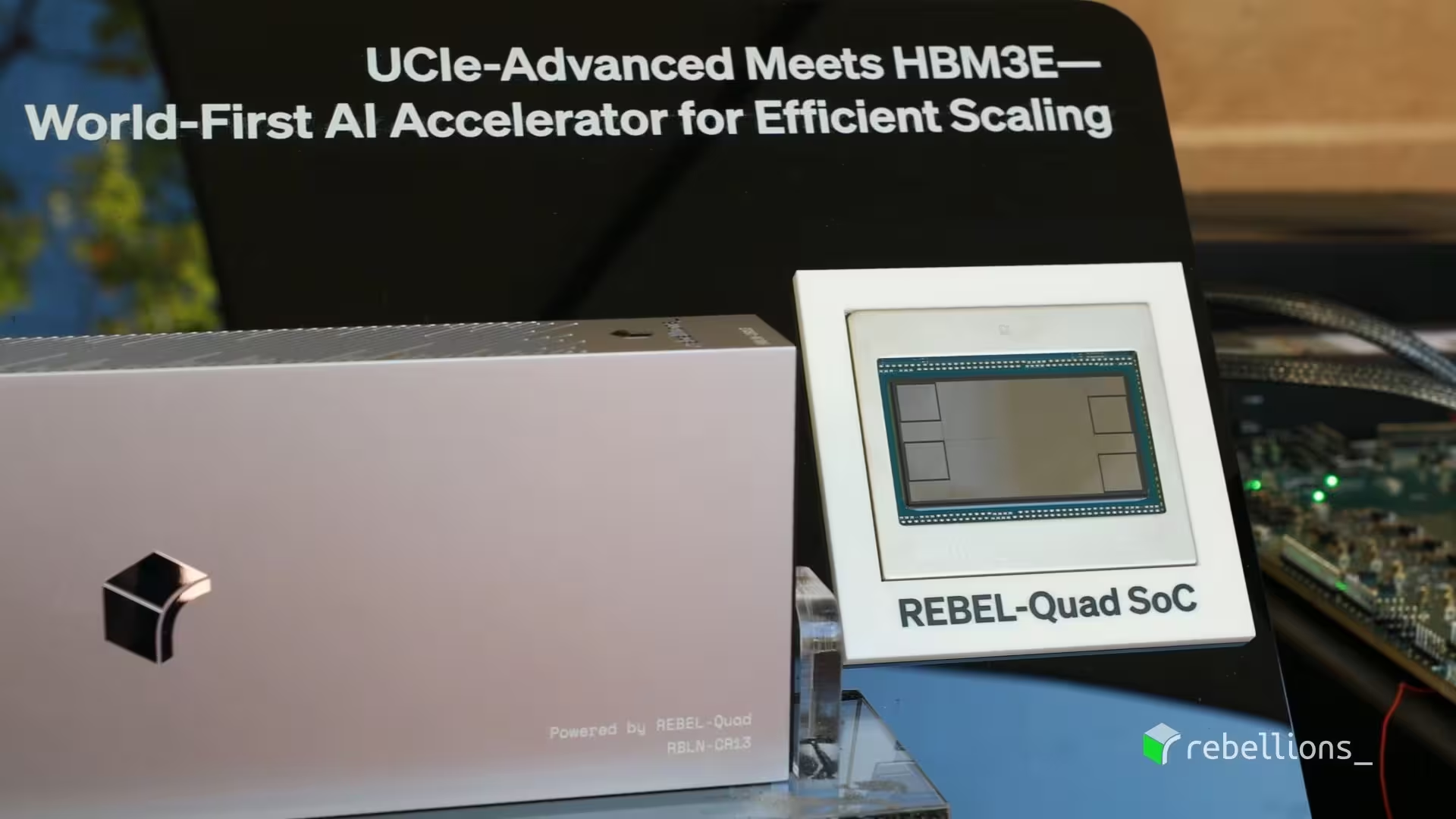3 Minutes
Samsung has doubled down on South Korea's AI chip scene: its venture arm has joined a major funding round for Rebellions and will manufacture the startup's next-generation 2nm GAA AI accelerators. The move reinforces Samsung's role as both investor and strategic partner in local semiconductor innovation.
Samsung Ventures steps in as Rebellions goes unicorn
Samsung Ventures participated in Rebellions' Series C round, which raised $250 million and valued the company at about $1.4 billion. Other backers include Arm, Pegatron and Lion X Ventures, while earlier support came from Korea Development Bank and Korelya Capital. The investment follows Rebellions' merger with SAPEON Korea, creating what the companies are calling the country's first AI chip unicorn.
From 5nm to cutting-edge 2nm GAA: a manufacturing track record
Samsung has already been manufacturing chips for Rebellions for several years: 5nm wafers in 2021 and 4nm in 2023. The new deal secures production for 2nm gate-all-around (GAA) chips, a technically advanced node that promises higher transistor density and better performance-per-watt. For Samsung, this continues a pattern of moving promising fabless partners up the technology ladder.
Rebellions' strategy: efficient AI accelerators for large-scale inference
Unlike power-hungry designs aimed primarily at training, Rebellions focuses on cost-effective, energy-efficient AI accelerators for inference. Its flagship REBEL-Quad chip targets large-scale deployments where throughput and operating cost matter most. As a fabless designer, Rebellions now competes with local rivals like FuriosaAI and global incumbents such as AMD and Nvidia.

Why 2nm GAA matters for AI
Imagine running millions of inferences a day: power and cost quickly become the limiting factors. At 2nm with GAA architecture, chips can offer denser logic and improved power efficiency versus older nodes. That translates to lower energy bills, higher performance per server rack, and better economics for cloud providers and edge operators deploying AI models at scale.
What this means for the market
Samsung's dual role as investor and manufacturer creates a tighter ecosystem for Korean AI semiconductors. It signals confidence in homegrown chip designers and strengthens supply chain ties as rivals race to optimize inference hardware. For businesses evaluating AI infrastructure, more competition in efficient accelerator designs could lower costs and spur innovation.
With Samsung manufacturing 2nm GAA chips and backing Rebellions financially, the partnership highlights a broader trend: strategic collaborations between foundries and fabless startups are accelerating the move toward specialized, energy-conscious AI hardware.
Source: sammobile


Leave a Comment